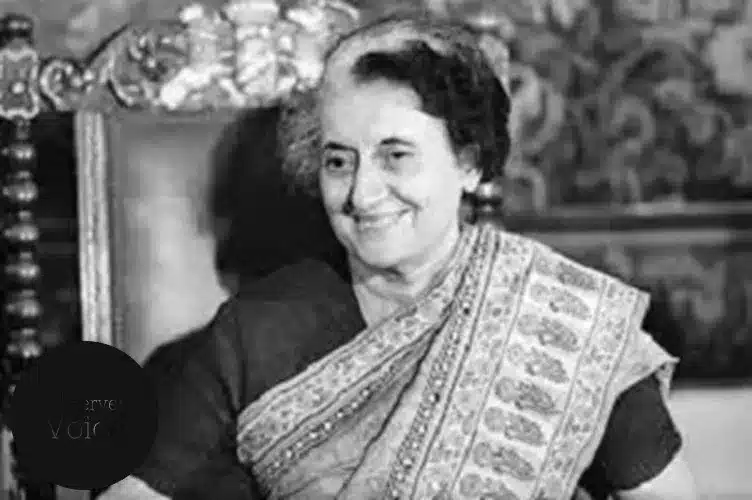Indira Gandhi: The Enigmatic Leader Who Shaped India’s Destiny

Indira Gandhi was the first and only female Prime Minister of India. She served as Prime Minister from 1966 to 1977, and again from 1980 to 1984. National Integration Day is observed every year on 19 November. It is also known as Quami Ekta Divas and is an Indian celebration that commemorates the birthday of the country’s first-ever female Prime Minister, Indira Gandhi. Schools and colleges observe this day remembering the valor and courage of Indira Gandhi during her tenure, India saw a remarkable change. The underlying message for the day is one of unity and the importance of integration, regardless of race or religion.
Life and Career
He was born on 19 November 1917 in Allahabad, British India. Her father Jawahar Lal Nehru was the first Prime Minister of India. She was the only child of Nehru. She attends schooling after completing his matriculation in 1934. She was a student at the Modern School in Delhi, and St Mary’s Christian convent schools in Allahabad. She and her mother moved to the Belur Math headquarters of the Ramakrishna Mission. She joined for one year each at Visva-Bharati University in Shanti Niketan, and then the University of Oxford in England. After her mother died, she joined Somerville College in 1937 to study history. At Oxford, she did well in history and political science.
In 1941, she returned to India without completing his studies at Oxford. In 1942, she married Feroze Gandhi. They had two children Sanjay and Rajiv Gandhi. She served as her father’s personal assistant from 1947 till 1964. In 1959, she was appointed as the president of the Indian National Congress. After Nehru’s death in 1964, she served as a cabinet minister under Lal Bahadur Shastri’s leadership.
In 1966, she became the first female Prime Minister of India, after the sudden death of Lal Bahadur Shastri. She formed her government with Morarji Desai as deputy prime minister and finance minister. She was widely criticized by the media and the opposition as a “Goongi goodiya“. She was able to retain the position but lost after an emergency was imposed by her in 1975 leading to national discontent and countrywide protests. In 1980, when new elections for the Lok Sabha were held, she returned to power. Her son Sanjay, who had become her chief political adviser, also won a seat in the Lok Sabha.
She was awarded Bangladesh Freedom Honour, Bangladesh’s highest civilian honour for non-nationals. She was assassinated on 31 October 1984 in her garden in New Delhi by two of her own Sikh bodyguards in revenge for the attack in Amritsar.
Read More: 30 October: Remembering Homi J Bhabha on his Birth Anniversary
Observer Voice is the one stop site for National, International news, Sports, Editor’s Choice, Art/culture contents, Quotes and much more. We also cover historical contents. Historical contents includes World History, Indian History, and what happened today. The website also covers Entertainment across the India and World.

